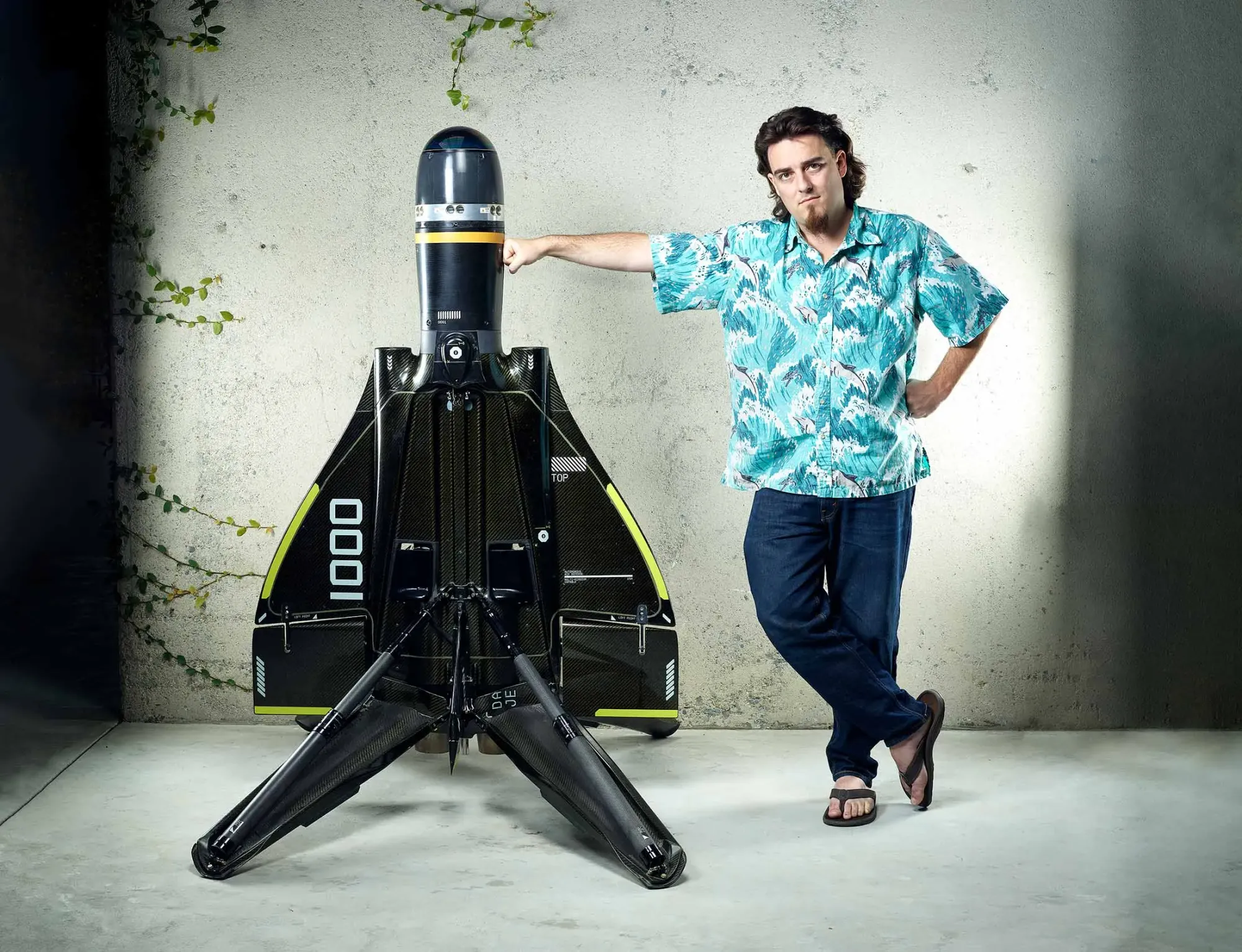Will defense start-ups become successors to the 2023/24 VC "AI Gold Rush"?

The 21st century saw multiple companies out of the San Jose periphery dethrone industry giants (think Tesla overtaking Ford Motor Company in market value or Apple making BlackBerry's mobile device division effectively obsolete.) The traditionally monopsonistic (one buyer - few sellers) U.S. defense market has recently experienced an influx of smaller players not following the traditional playbook - both in financing and in operation. Attracting funds through VCs (keep an eye out for Peter Thiel's fund), and operating leaner and more agile than traditional defense corporations, these companies set out to infuse the bureaucratic military-industrial complex with Silicon Valley spirit.
Companies like Anduril Industries and Palantir Technologies boast robust teams of eager developers and engineers, fresh out of college, aiming to develop the next generation of software used by all divisions of the U.S. military complex. In Silicon Valley spirit, the focus lies on artificial intelligence and surveillance, alongside other SaaS solutions. Uniting these start-ups is a nearly universal belief in two maxims:
Maxim 1: Software will be the differentiating factor in the defense landscape of the 21st century, not hardware.
This new breed of defense companies aim to integrate developments in computer science and quantum computing by integrating AI-powered observation and surveillance algorithms into software enabling the piloting of autonomous vehicles "at scales and speeds beyond human capacity" (Anduril, 2024)
Maxim 2: The military complex as it exists today is very inefficient, specifically concerning the allocation of funds and approach to project management.
Securing contracts with specific military units instead of the Dept. of Defense (DoD) as a whole, these companies are able to work more closely with said units, develop tailor-made solutions, and iterate quicker than established players.
Following SpaceX's 2014 lawsuit against the U.S. government, claiming monopolistic financing mechanisms favoring established defense corporations, the DoD has since offered more financing opportunities through wider tenders, aiming to give smaller firms a chance to break into the market. Both Anduril and Palantir have since jointly secured over $2bn worth of government contracts.

The heightened entrepreneurial activity in such an established market is undoubtedly a sign of changing times. This presents an opportunity for VCs to explore the emerging market of 21st century defense system providers.
Whether these small fish will be able to survive in a pond with defense-whales of the likes of Boeing Defense, Space & Security, Lockheed Martin and Northrop Grumman remains to be seen. With Palantir closing in on Northrop's market capitalization (58 vs. 71 $bn.) it is certainly on the cards.

